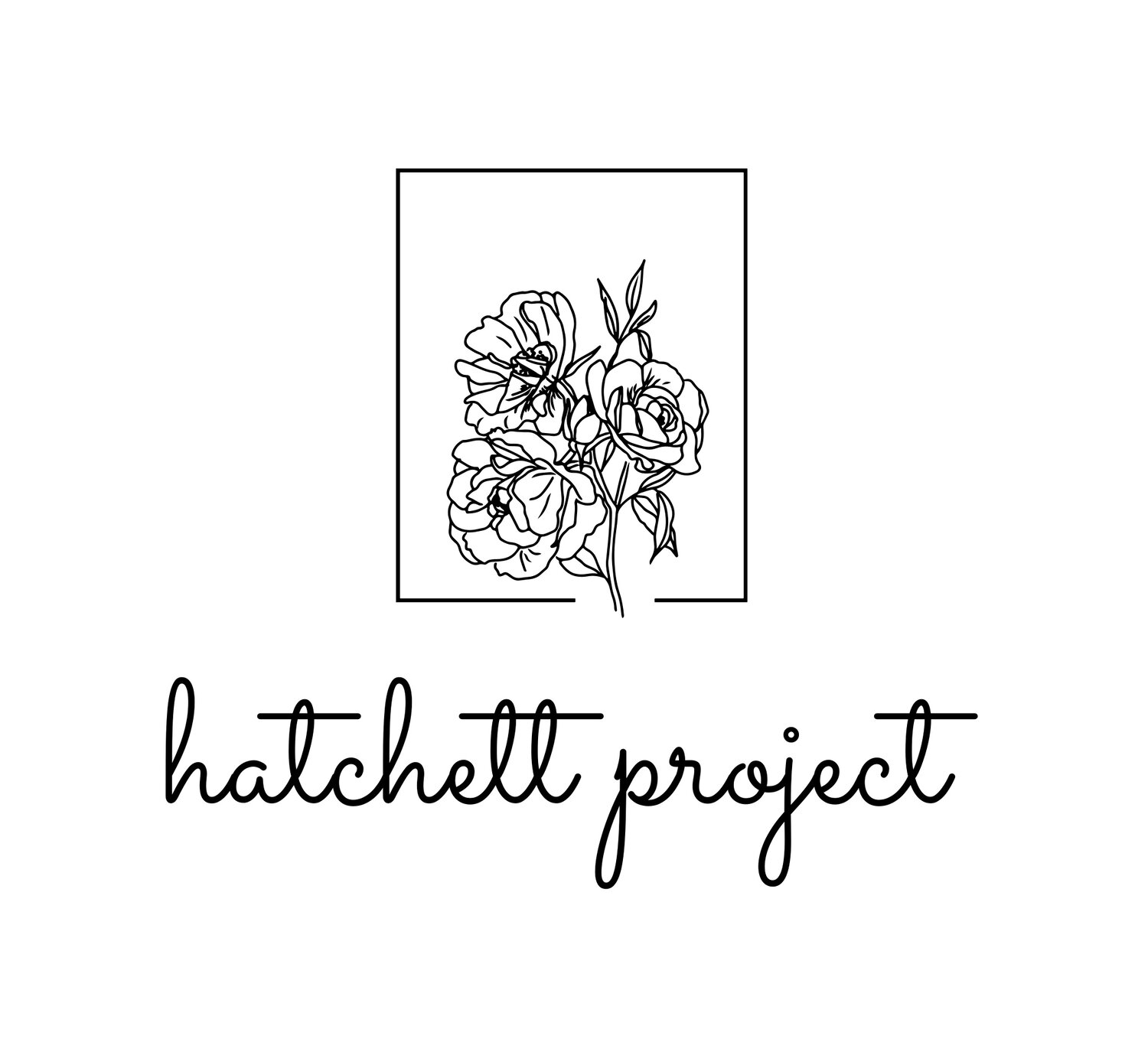What are OPAs?
Every organization has a particular way of running projects. Each organization has standards, guidelines, instructions, frameworks, procedures, templates, etc. These items are typically stored in a knowledge base or library to be reused by different projects in the future.
OPAs in Project Management stands for Organizational Process Assets, which are inputs you will see throughout all project management processes. OPAs contain information about your organization's projects. Most organizations keep two types of OPAs:
Process, Procedures, and Policies
Knowledge Repositories
Let's break that down...
Process refers to how an organization performs the day-to-day work.
Policies refer to the rules and regulations that the organization follows while working on a project.
Procedures refer to the tangible, reusable assets the project team can utilize, such as:
Templates
Vendor or supplier lists
Guidance related to change control or finance control
Documentation or procedure pertaining to estimates
The other type of OPA, called Knowledge Repositories, incorporates information on many aspects of projects.
Historical Knowledge Bases are maintained and updated for every project and are accessible to the rest of the organization. The information found in Historical Knowledge Bases can be used to plan and manage future projects. Historical information can be comprised of:
Activities
Baselines
WBSs
Project documents
Correspondence
Benchmarks
Reports
Project management plans
Risks and risk response plans
Resources utilized
Estimates
An indispensable part of historical information is lessons learned. Lessons learned are created throughout projects by the project manager and the project team and document what went right, what went wrong, and what the team would do differently if they had the chance to start the project over again. The lessons learned from each project becomes part of the lessons learned repository after project closure. Lessons learned offer project teams valuable historical information in the hopes that documented mistakes are not repeated.
Other organizational knowledge repositories include:
Financial data, including budgets and actual costs of completed projects.
Configuration management, including file structure, file naming conventions, baselines of organizational standards, and templates of project documents.
Metrics that may be useful for other projects
Issue logs and documentation regarding defects on projects
Project management plans and baselines and project documents, such as network diagrams, risk registers, and stakeholder registers.
OPAs do not take the form of a single document but rather are assets that are created, stored, and referred to while managing projects.
Thank you for visiting Hatchett Project.
Be sure to check out our other project management posts and videos.




